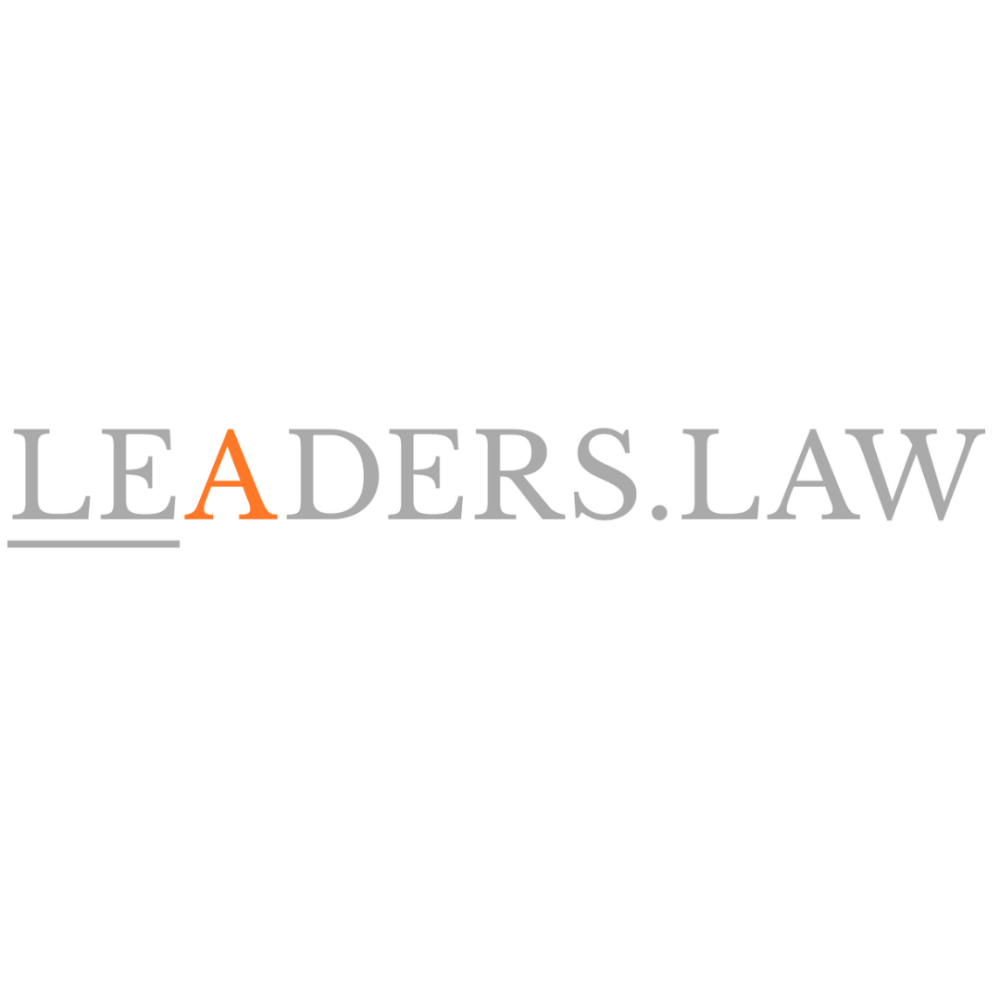
Extensive innovations in the law against limitation of competition
On January 19, 2021, the 10th amendment of the "Law against Competition Restriction" (GWB), known as the "Digitization Act", came into force. The law is intended to make the German antitrust law framework for the future and, in particular, competition law solutions are provided for the questions of the steadily progressive digitization of the economy. In addition, the anti-cartel mining right is revised in the implementation of EU cartel law requirements of the so-called "ECN+" guideline and adjustments in merger control, the antitrust damage replacement and in the cartel procedure are made.
Read the most important thing about the essential legal changes below.
Tightening of abuse supervision, especially in the digital economy
The 10th GWB amendment brings an tightening with it in particular for market powerful digital companies such as Google, Amazon, Facebook and Apple. In order to be able to control the great dynamics and the ongoing growth of platforms at an early stage, the concept of "intermediation power" is taken up, accessing data as "essential facilities", further interventions are created in order to arrange special behavioral obligations for large platforms in individual cases and to issue prohibitions and thus to "tilting" or "tilting the monopoly" impede.
When determining the market power, the legal framework as an assessment criteria is now explicitly taken into account to take into account how access to competitive data has an impact, and whether a platform has a market-independent intermediation power, i.e. the extent to which the company has meaning for and influence on the access of third parties to procurement or sales markets.
Furthermore, special intervention options of the Federal Cartel Office are introduced in the event that a platform market threatens to develop into a monopoly to prevent ("tipping" of the market: "tipping"). A tipping of monopoly or at least "concentration" markets can be caused, for example, by banning the disability of platform changes or the ban on the parallel use of several platforms ("multi-homing"). The Bundeskartellamt can use a company to use a new statutory catalog of criteria to “determine an“ outstanding cross -market importance for the competition ”, among other things prohibited from preferring its own offers on the website to competitors or using collected competitive data for the disability of competitors. In order to avoid temporal delays in the implementation of these measures, complaints against decisions about these new intervention options are provided exclusively at the BGH. With a view to the resulting facts, this certainly brings new challenges.
With a similar justification, the Federal Cartel Office under reduced requirements is given the opportunity to order interim measures against violations against German market power regulations or against Art. 101 and Art. 102 TFEU. The prerequisite for this is that an infringement appears mostly likely and the interim measure is necessary to protect the competition or that the violation is an immediate risk of serious damage to another company. A defense is only considered by the credibility of an unreasonable hardness that is not offered by predominant public interests.
Finally, the regulations for companies with a relative or superior market power are expanded in such a way that the legal definition of the "relative market power" no longer only protects small and medium -sized companies. A dependence on another company that is based on the relative market power can now be determined by all companies and also also affect a mediation required for access to procurement or sales markets. In practice, this means that the new inserted claim to access to certain data also in favor of large companies to a company that can be asserted in a controlled manner, provided that the refusal to be refusal is to be regarded as an unreasonable disability.
The numerous innovations show a significantly sharp awareness of the problem, especially compared to the importance of data in a digital world. But you will also raise a variety of interesting questions.
Fusion control should be focused on
The significant innovation in German merger control is the increase in domestic turnover thresholds, which define the rising thresholds for a registration obligation at the Bundeskartellamt. In the future, the first domestic turnover threshold from EUR 25 million to EUR 50 million and the second domestic turnover threshold from EUR 5 million will be increased to EUR 17.5 million. A reduction in the number of annual merger control registrations in Germany is therefore an estimated by 25 to 30 %in order to be able to focus more on complex, actually critical cases. The time to enforce the merger is decisive for the application of the new sales thresholds - as is usually the case in German fusion control.
In addition, the Federal Cartel Office is authorized to sign companies under certain conditions to register for the period of three years of each merger project even below the sales threshold in order to prevent so-called "Killer-Akquisition"-in particular by acquiring start-ups.
Cartel damage replacement is funded
The area of antitrust damage replacement was significantly changed by the last GWB amendment from 2017, so that the legislator now only traces the regulations to a lesser extent, especially in response to much-noticed decisions of the BGH to the rail cartel. Changes can be found primarily in favor of plaintiffs in cartel damage replacement processes: the antitrust of the cartel of legal transactions with antitrust -party companies is now assumed to be legally refuted, provided that they fall objectively, in terms of time and spatially in the area of a cartel. The assumption is not limited to direct customers, but also applicable to indirect customers. The burden of proof is therefore expressly with the defendant. However, a guess on the amount of damage has also not found rainfall in the amendment to the law, such as a regulation on price umbrella effects ("umbrella").
Procedural law
In "excessive" implementation of the European "ECN+" guideline, there are not inconsiderable changes also in the area of antitrust auction. The Bundeskartellamt receives additional far-reaching investigative and disposal powers, for example with a view to confiscation rights as well as the scope and addressee of information publishers. In this context, it should be emphasized that natural persons now have to strain themselves in the event that the information is significantly more difficult or not to be expected. As a "compensation" for this, a fundamental ban on evidence for a person who is obliged to provide information or a criminal proceedings based on the GWB or Owig will be re -introduced. However, the future must show whether this meets the legal requirements in the practical implementation.
Antitrust
With a view to the penalty suspension, the requirements and design regulations were reorganized and ordered by the 10th GWB amendment. In order to calculate fines against companies and corporate associations, as well as letters to fines, a welcoming manner is now legally anchored to consider compliance measures: "Appropriate and effective precautions for avoiding and uncovering violations" and the daily activity of companies can be taken into account before the infringement. Furthermore, the key witness regulation is now legally regulated and can no longer be found in the now canceled bonus regulation of the Federal Cartel Office. The sales that are generated by all natural and legal entities that operate as an economic unit are also clearly defined for the determination of total sales. It remains to be seen whether the more detailed regulations of the amount of fines will actually lead to a dissolution of the different application of law by the Federal Cartel Office and the OLG Düsseldorf and the associated legal state deficit. The determination of the crime -related sales as a now laid -down fines in the amount of fines is expected to be taken into account. In any case, it should be noted that certain procedural violations, especially in connection with request for information, can be sanctioned in the future with a higher fine of up to 1% of the global corporate sales.

